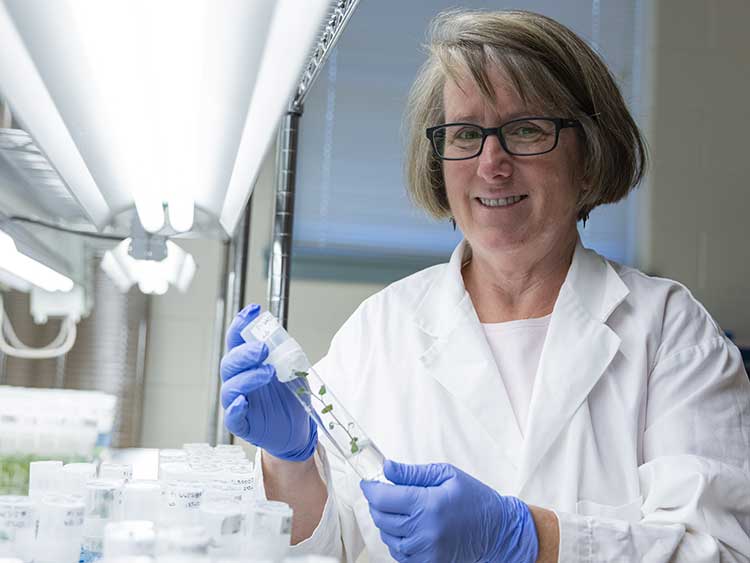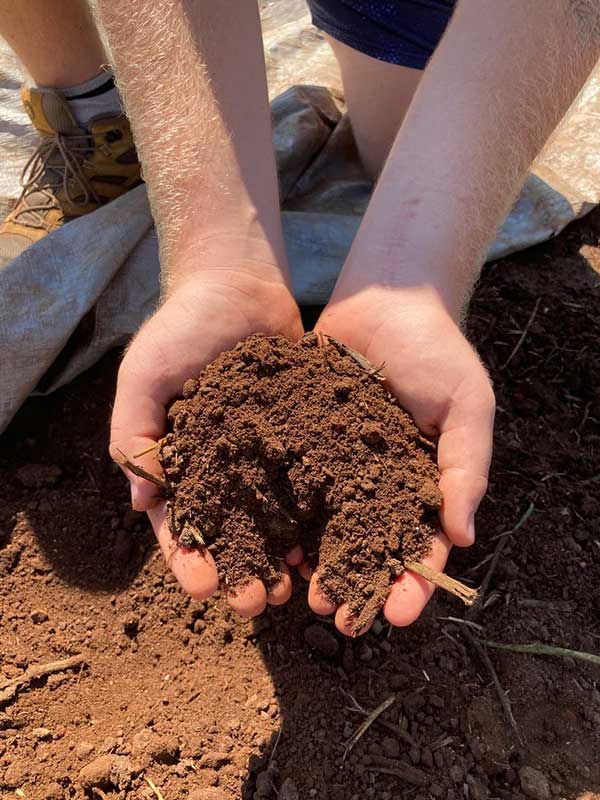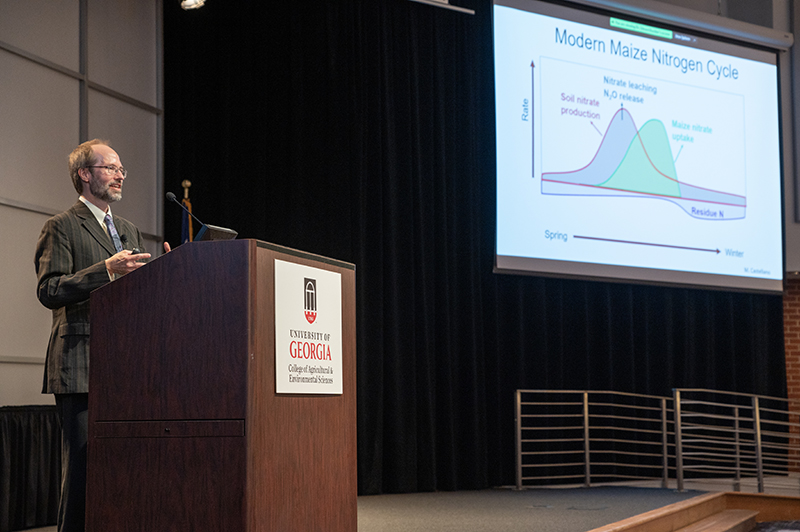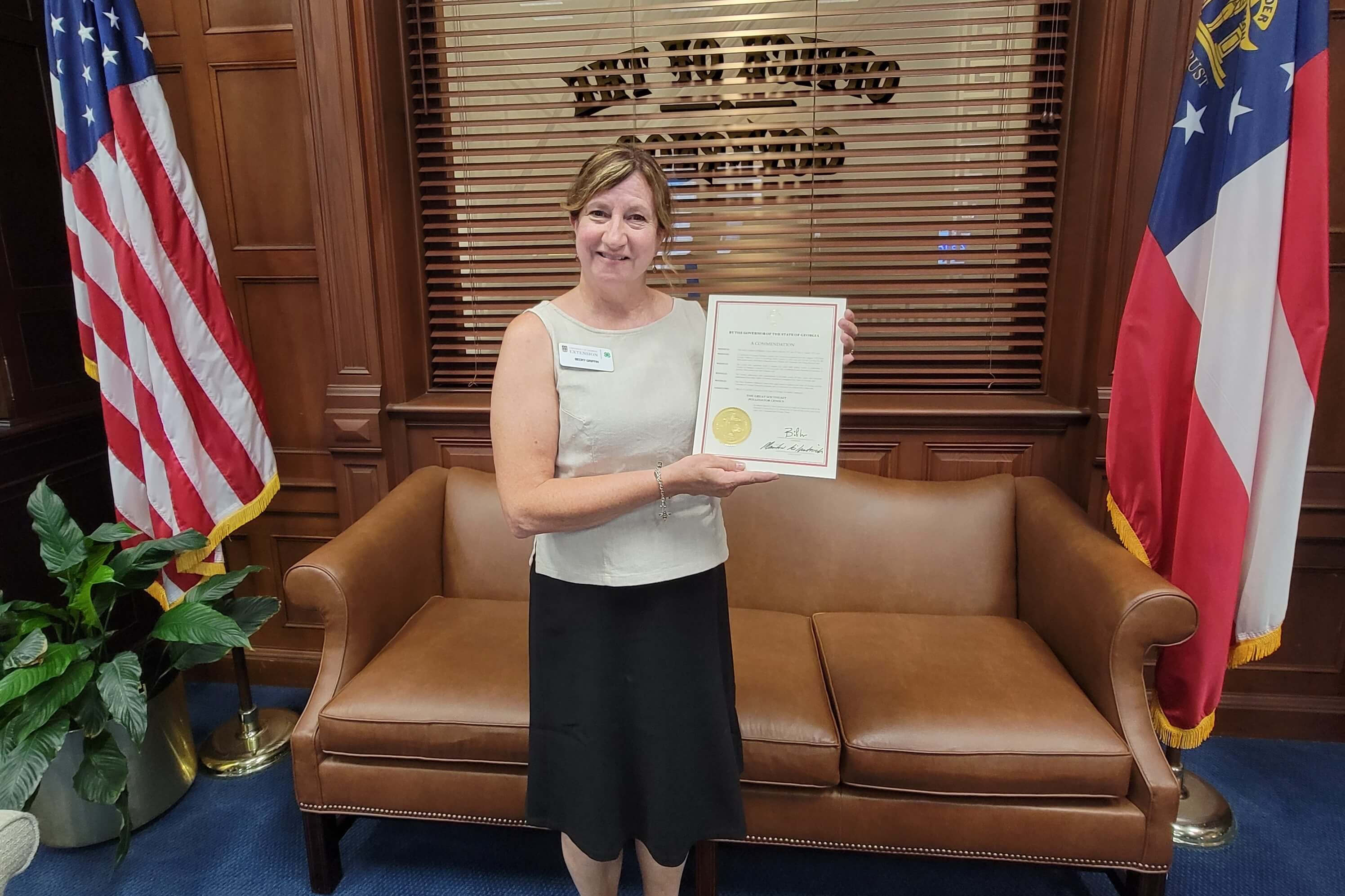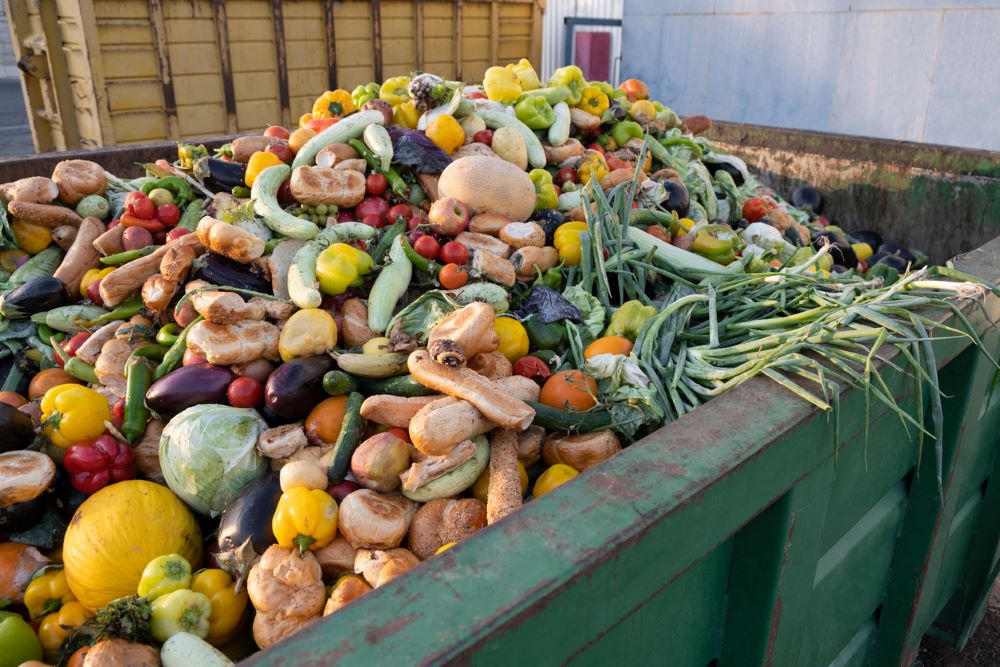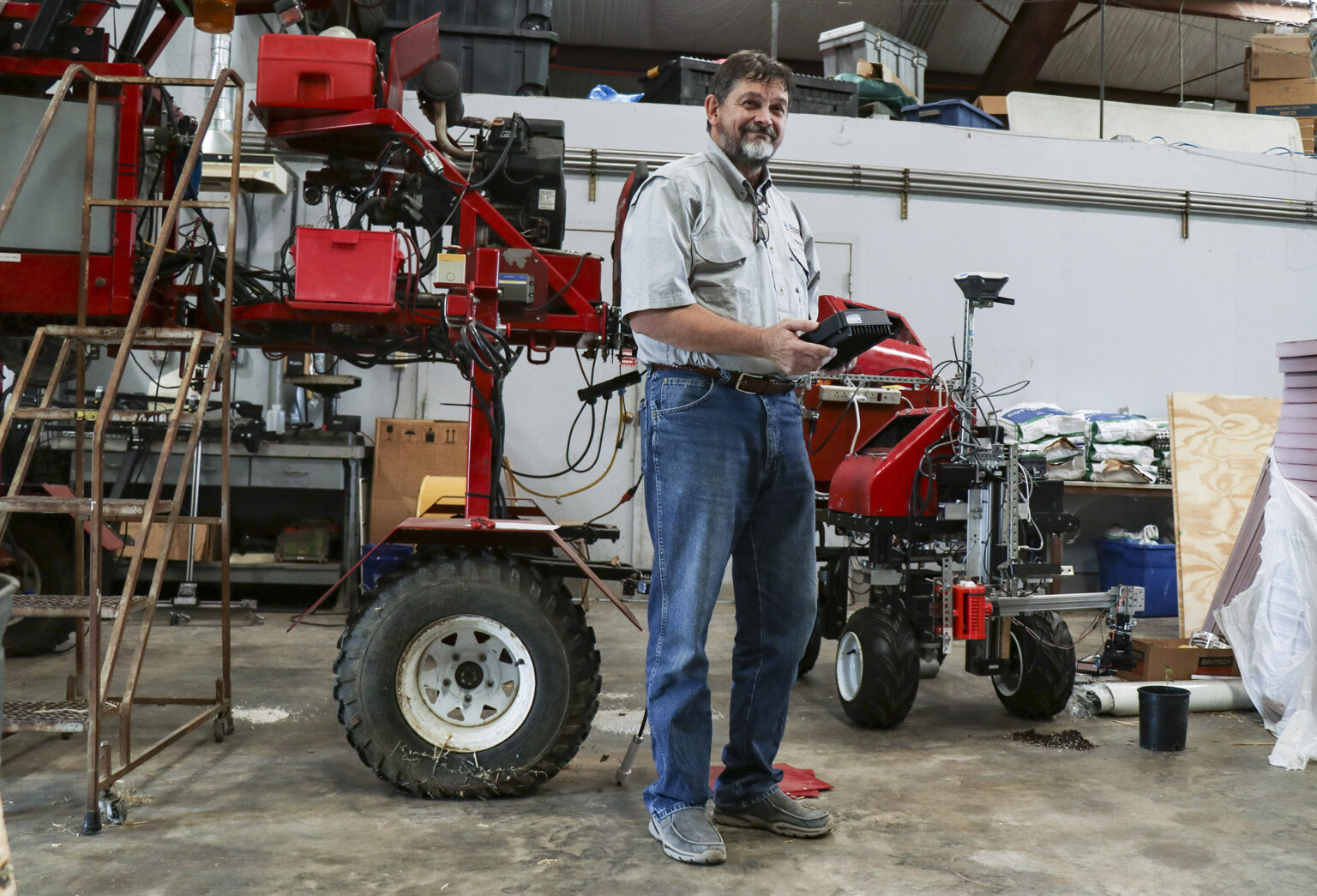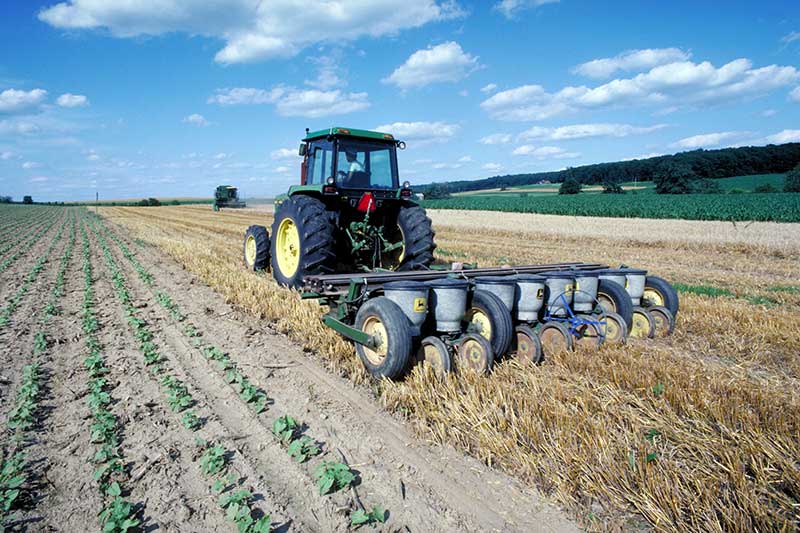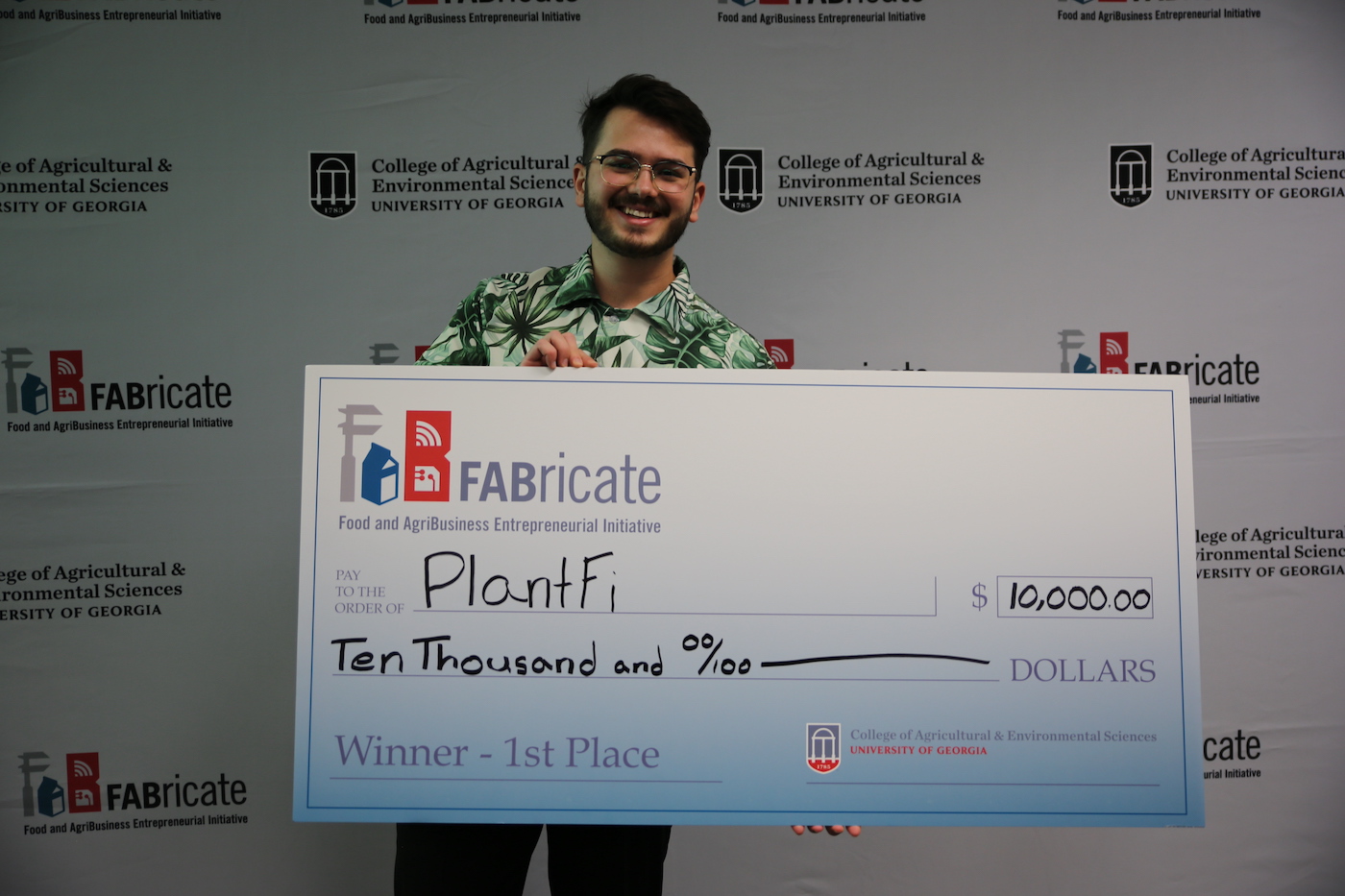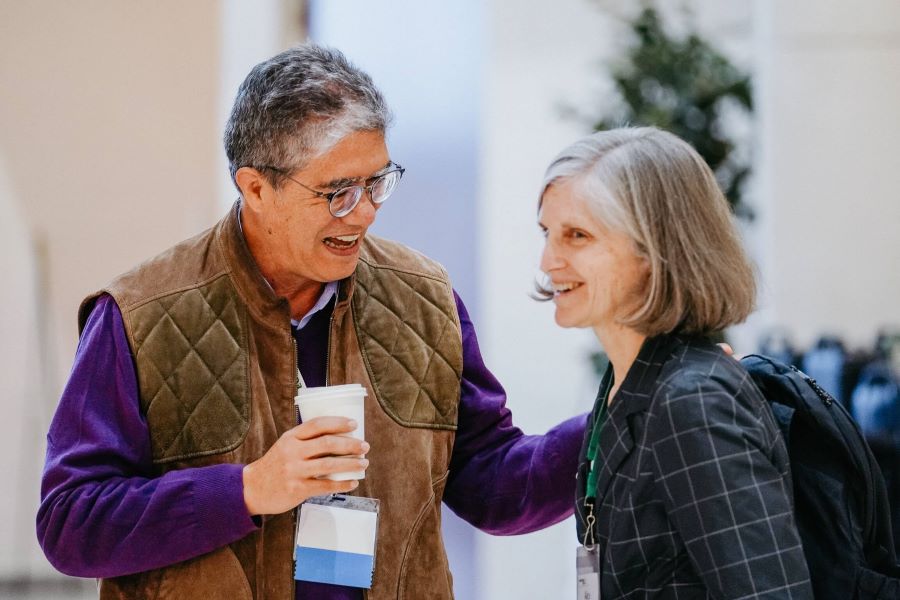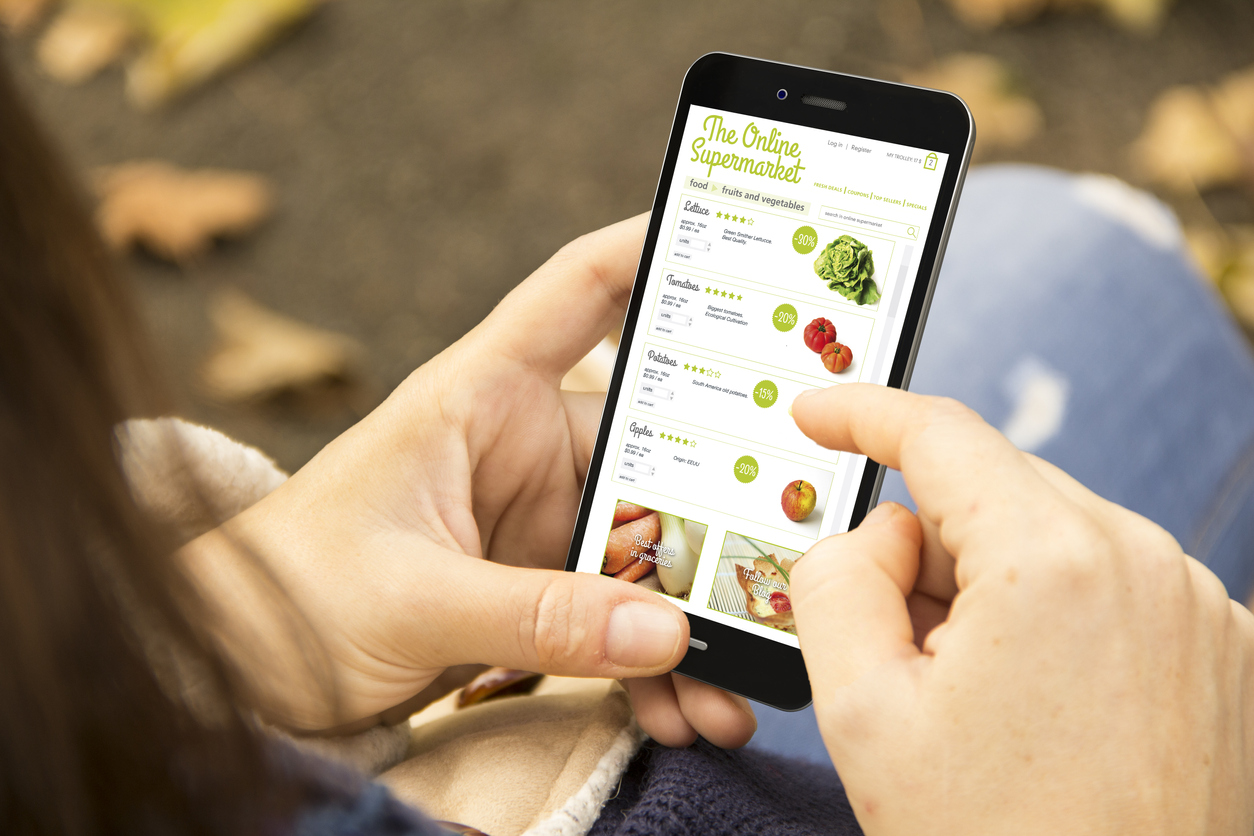 CAES News
CAES News
Environmental Impact of Food
Two recently published studies by University of Georgia researchers show that the consumers surveyed believe buying local is a more sustainable option, but they also value the convenience of online shopping and prefer that retailers provide basic information about the environmental impact of local products in the digital marketplace. Driven by increasing consumer interest in buying local and concerns about the impact of agricultural production systems on a changing climate, the studies were based on data from a web-based survey about consumer interest in sustainability, information about food production and online marketing preferences.

